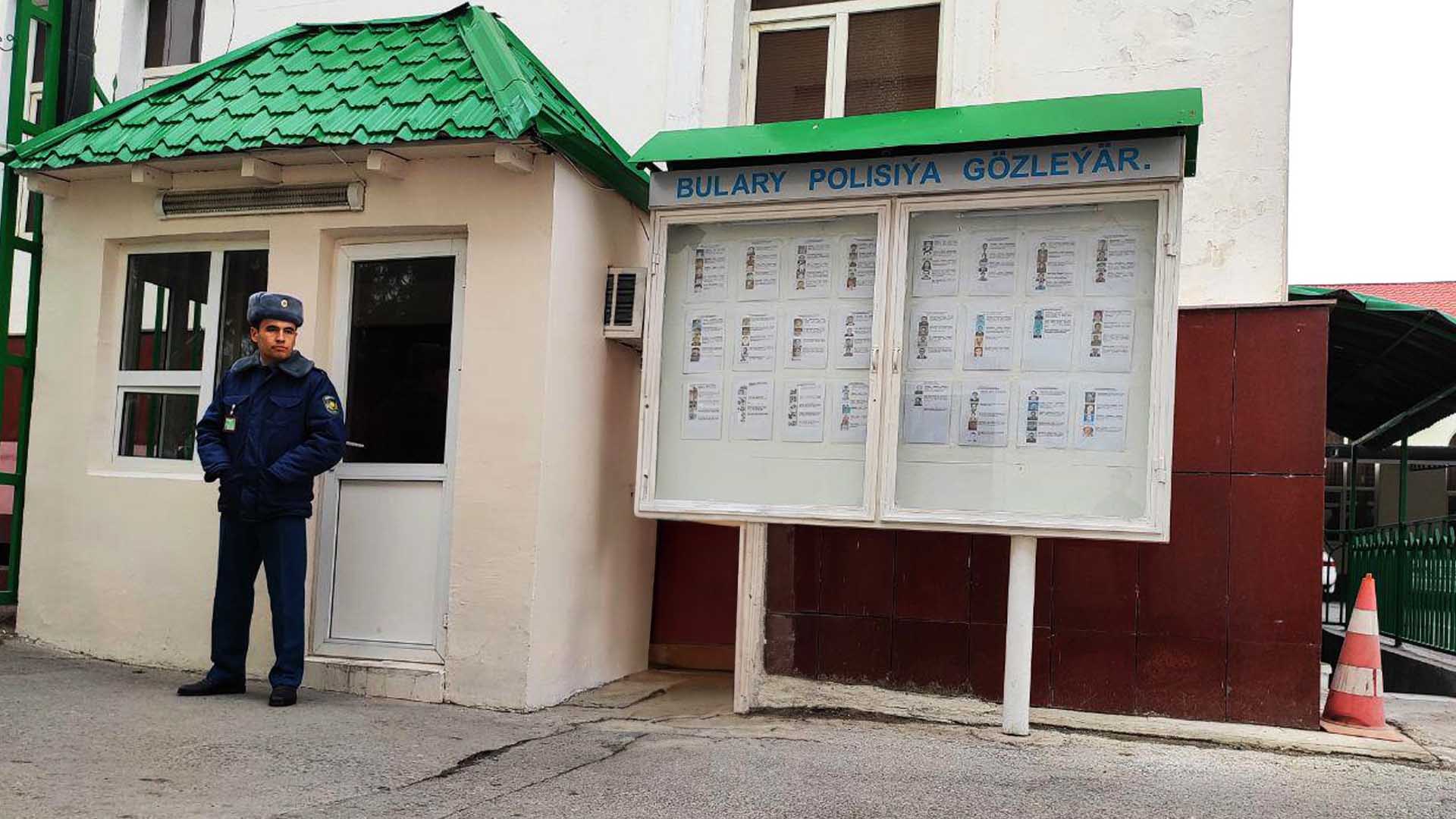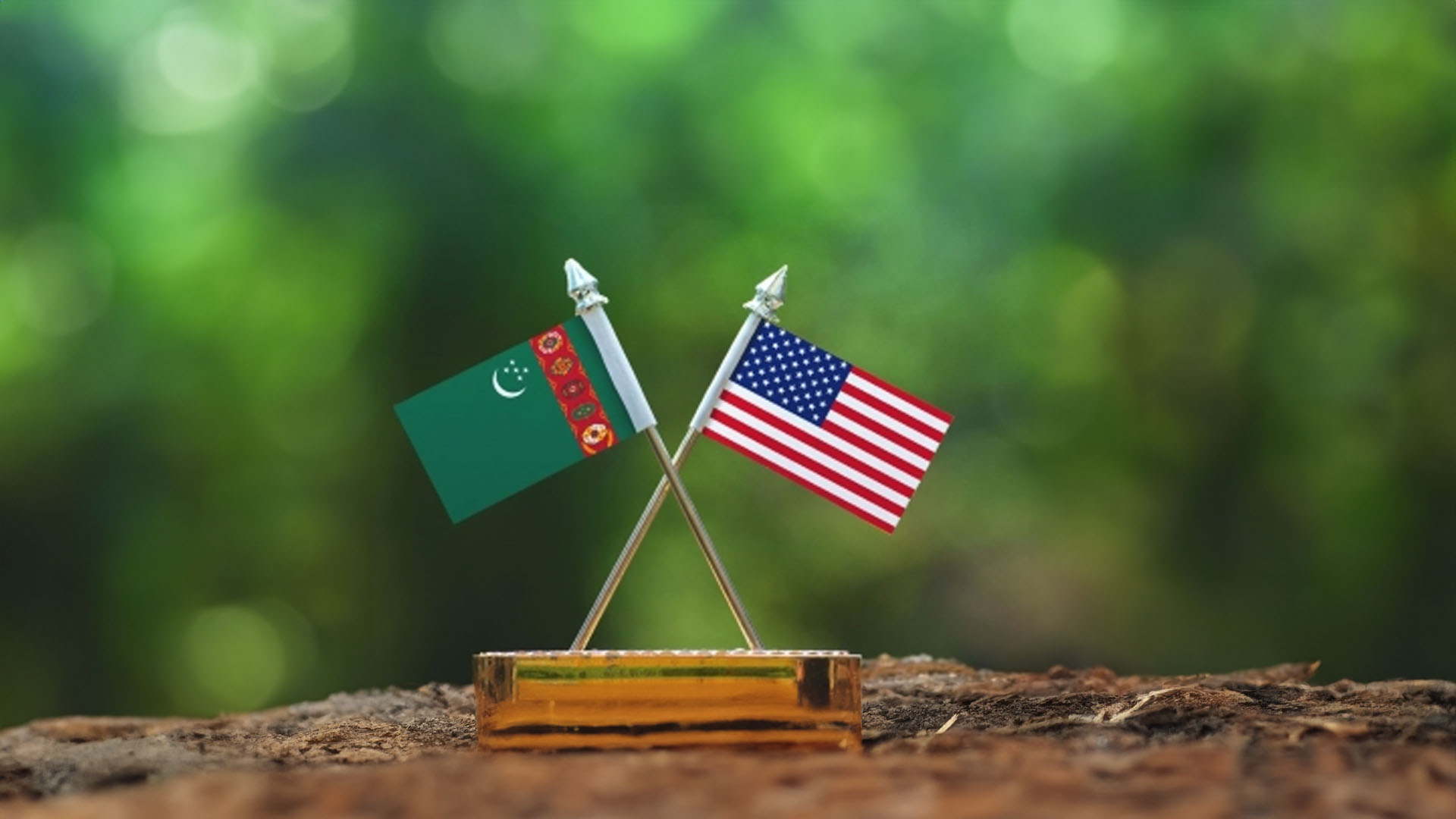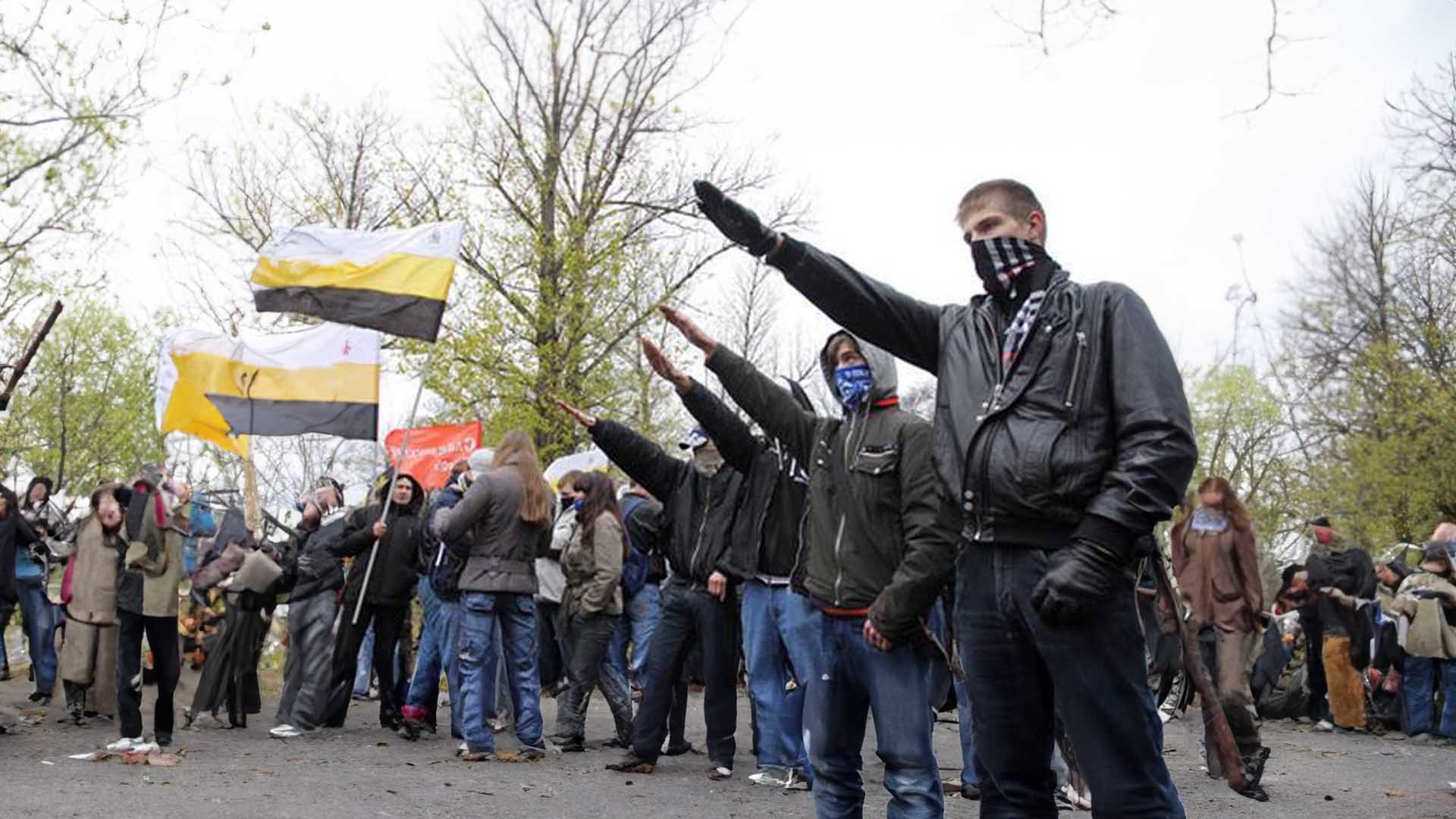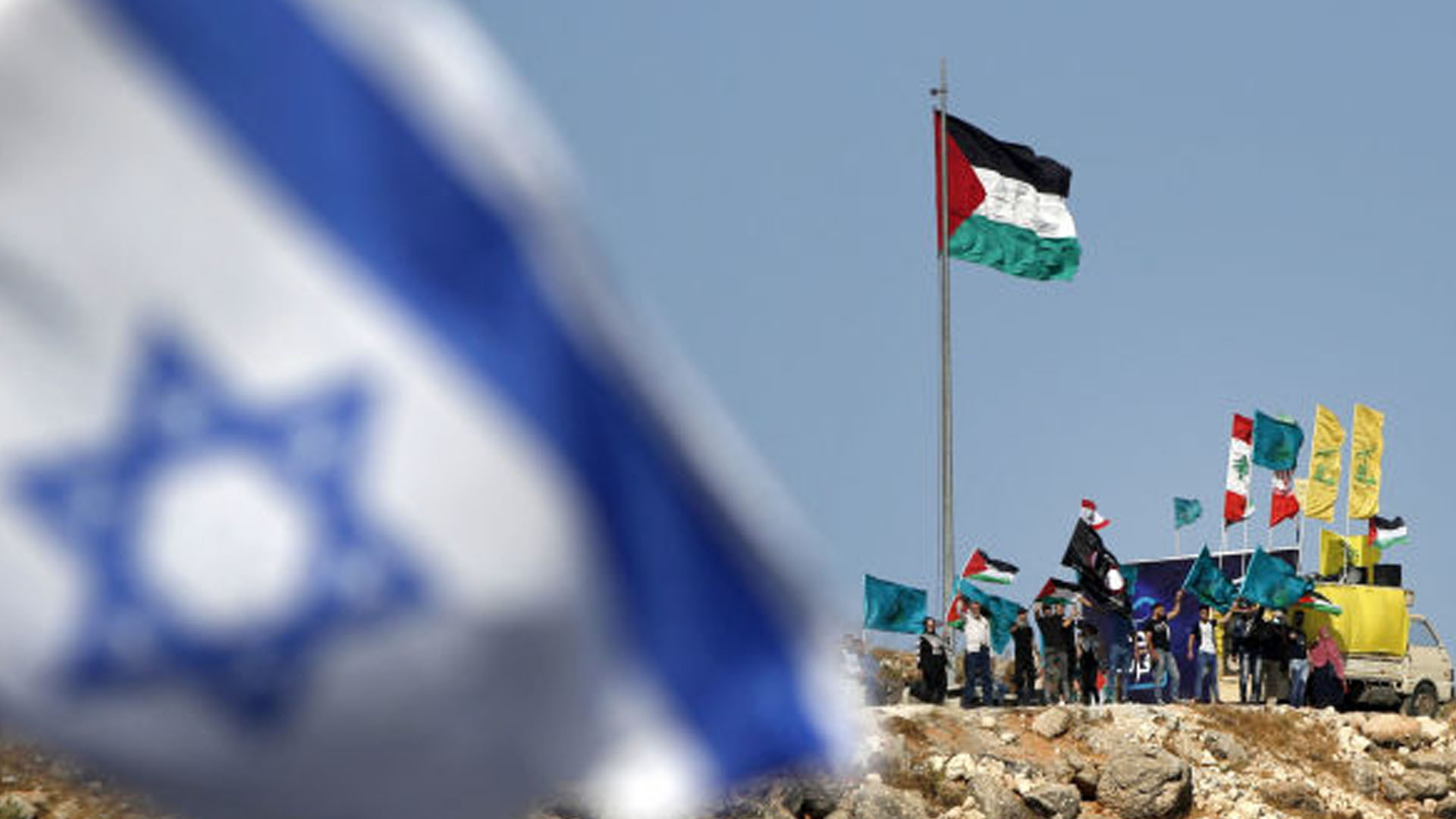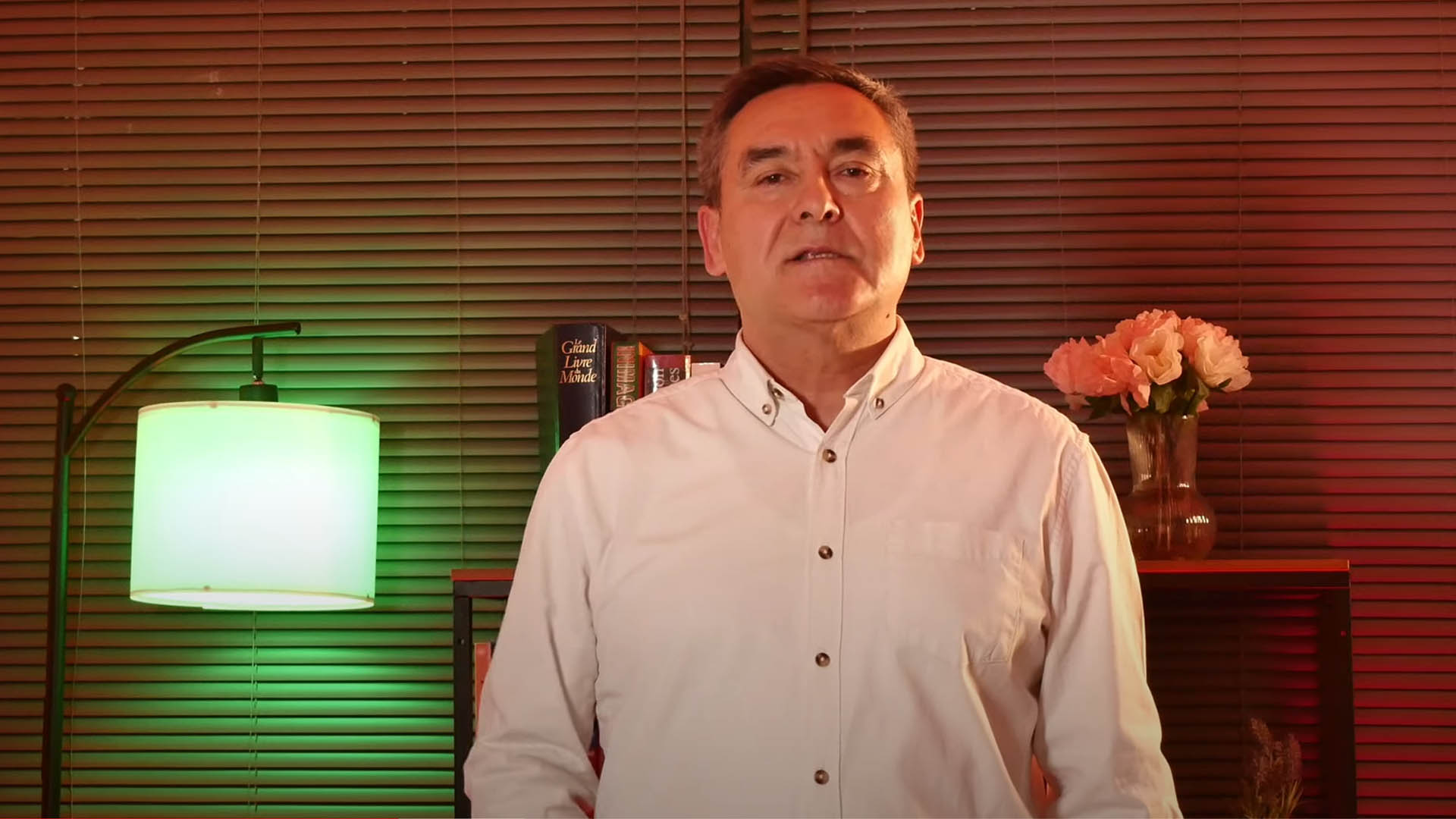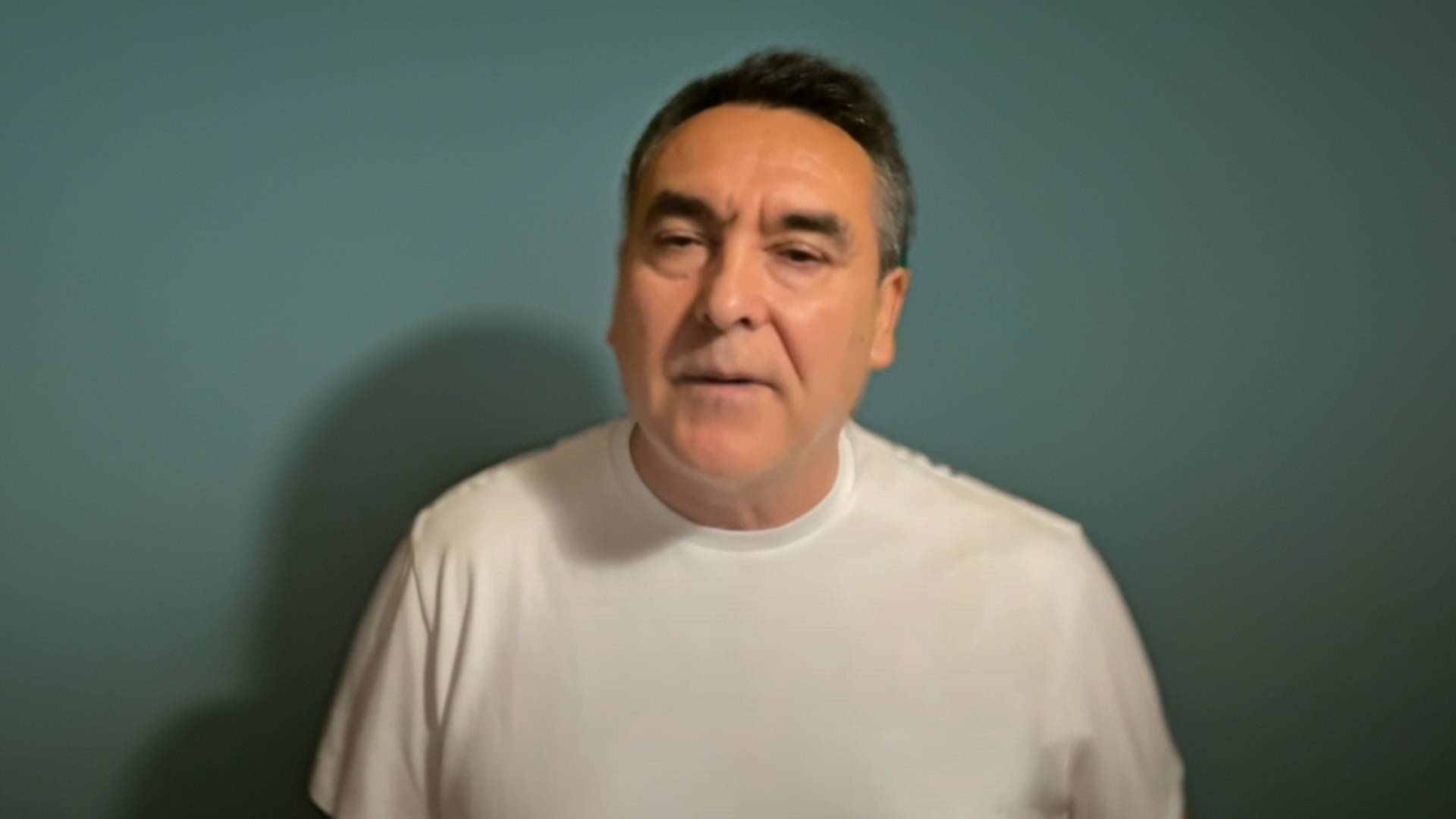In Mary, Turkmenistan, police officers tortured to death a resident detained on suspicion of drug trafficking. Allamurat Khudairamov, a 34-year-old ethnic Baloch man, could not withstand the torture and died. This was reported by Turkmen. news concerning its sources.
Relatives of the deceased said that on 27 November this year, the Turkmen went to the Mary regional department of the Ministry of National Security, where he was summoned for questioning.
According to Turkmen. news sources, Khudairamov was not involved in drug trafficking but gave a lift to a man who had prohibited substances. Despite this, law enforcers detained the man who came for questioning, and three days later, on 30 November, police called Khudairamov’s sister and asked her to pick up his body from the morgue.
At the identification, the relatives of the Mariyets found that Khudairamov’s skull was fractured, and his back and feet were covered with hematomas from beatings. In addition, handcuff marks were visible on his wrists and shins. A medical suture was also found on the man’s body from the navel to the throat, indicating that the corpse had been opened without the permission of family members.
Later it became known that police officers came to Khudairamov’s sister, asked for forgiveness, and offered money in exchange for silence. However, the sister of the deceased does not intend to cover up the deadly incident and plans to bring to justice those responsible for the death.
In Turkmenistan, prejudice against Baluchis is not an uncommon phenomenon. Law enforcers often treat such people with suspicion in the drug trade simply because of their origin. In general, local law enforcers quite often cross the borders and use torture against civilians. If the authorities did not give “permission” for such methods, it is unlikely that such cases would have occurred. It should be remembered that Mansur Mingelov, who advocated for the rights of Baloch people living in Turkmenistan, was sentenced to 22 years in prison in 2012 on some charges, which he and his supporters called politically motivated. When the man decided not to let the beatings he received during his arrest in a trumped-up drug trafficking case go unchallenged, his brother became a defendant. Mingelov sent materials to the president of Turkmenistan, the prosecutor’s office, the US Embassy in Ashgabat, and the OSCE office not only about his beating but also about other cases of torture of ethnic Baluchis.
Human rights activists believe that the real reason for Mingelov’s arrest was retaliation by employees of the now-disbanded State Service for the Protection of the Safety of Healthy Society for Mingelov’s exposing the crimes of drug police and passing this information to the Turkmen authorities as well as to U.S. diplomats in Ashgabat.

